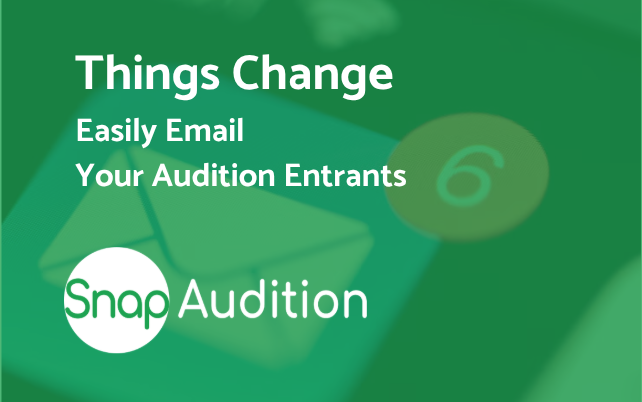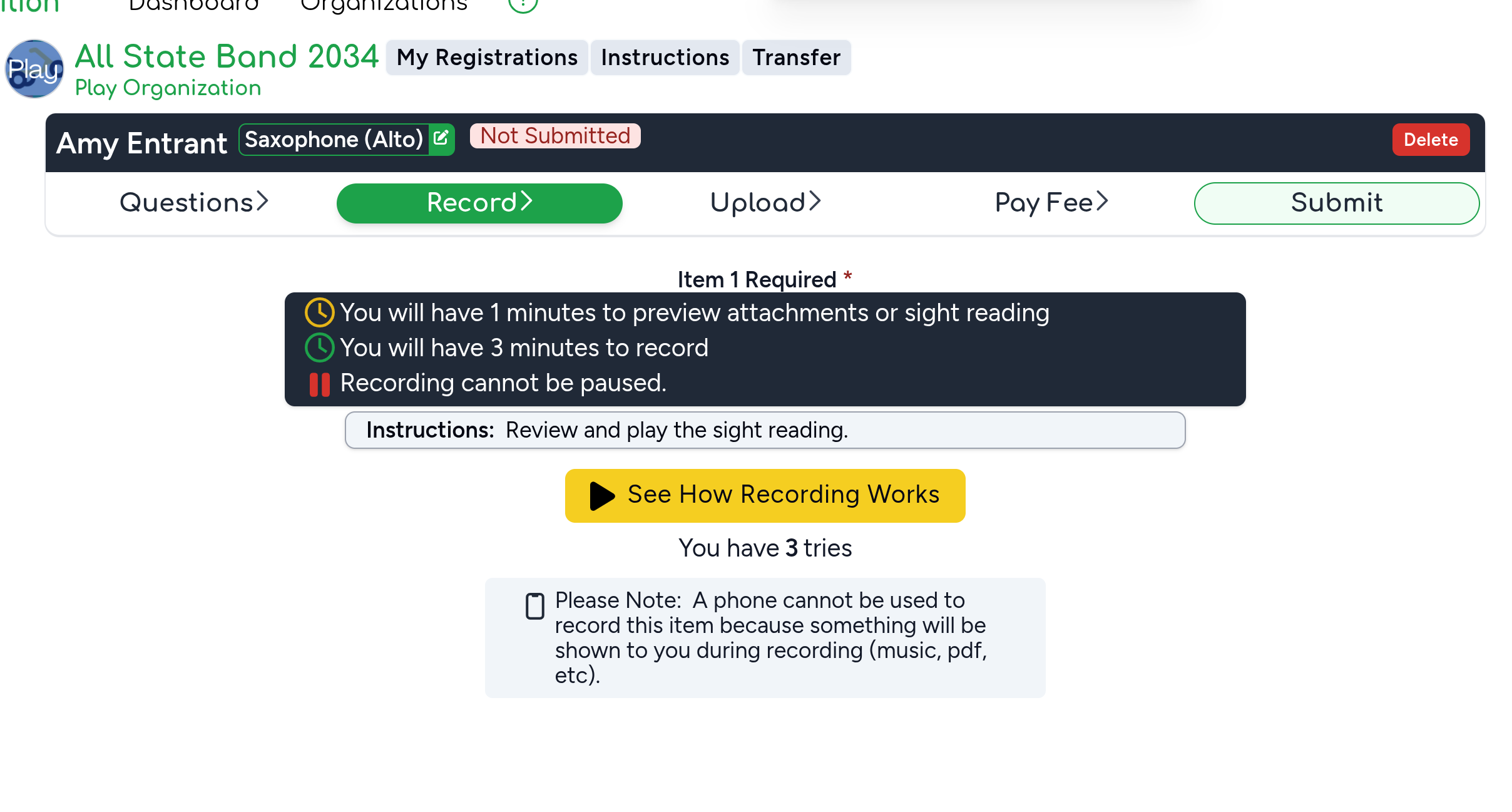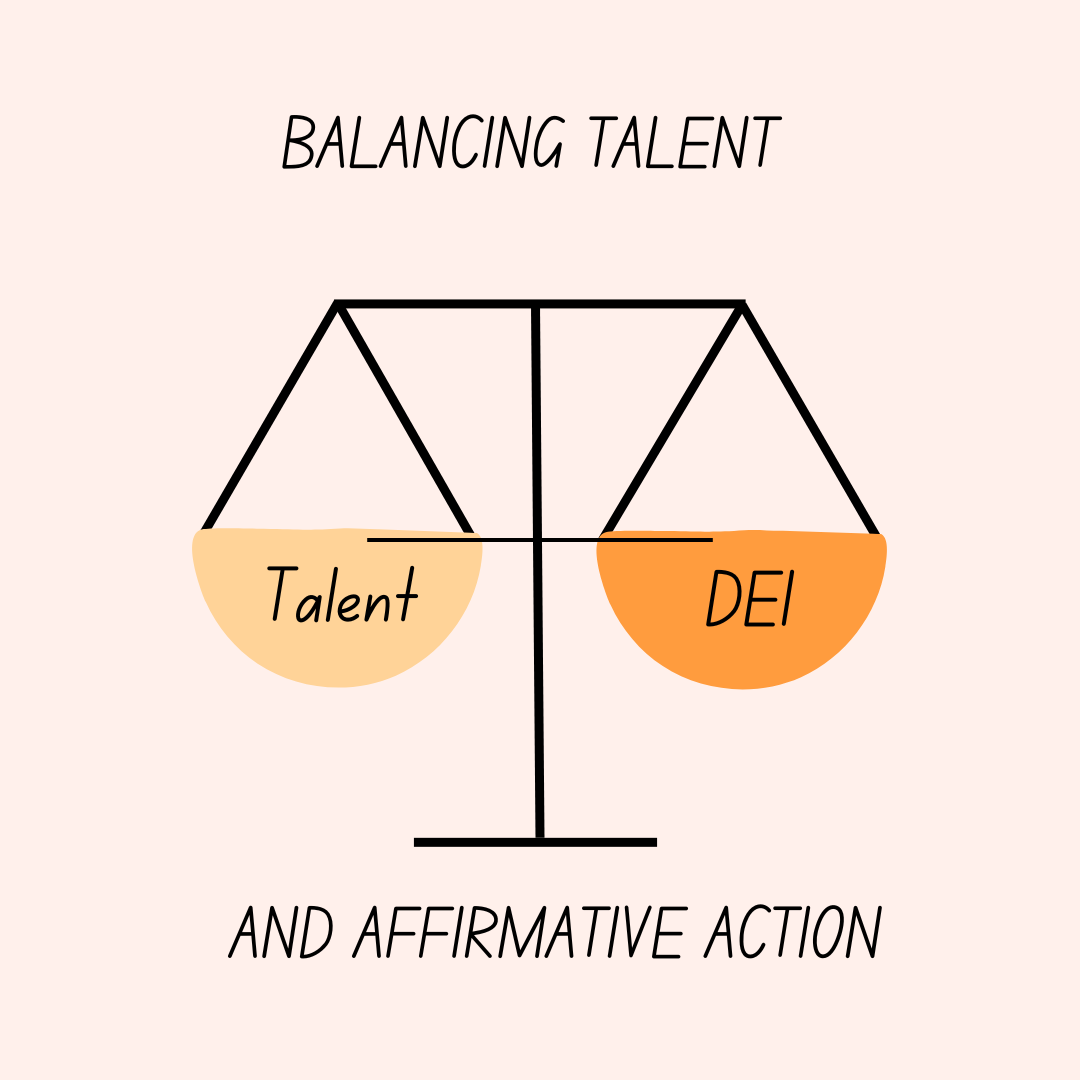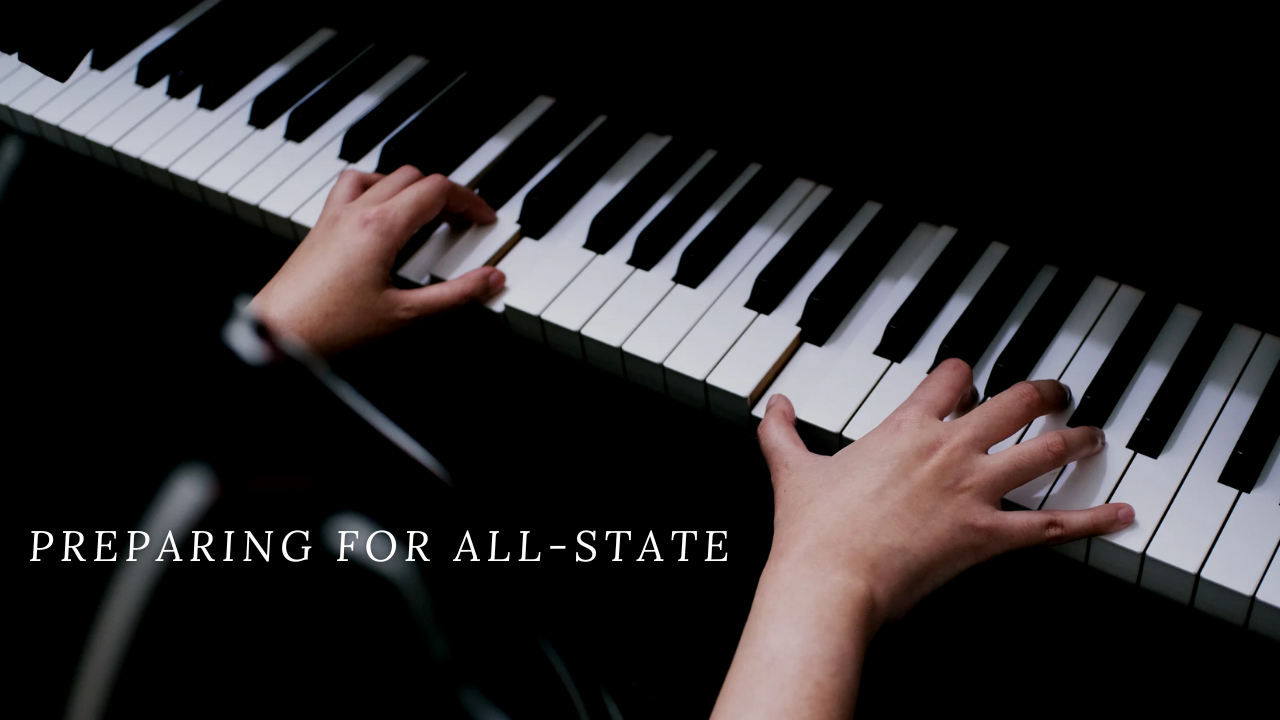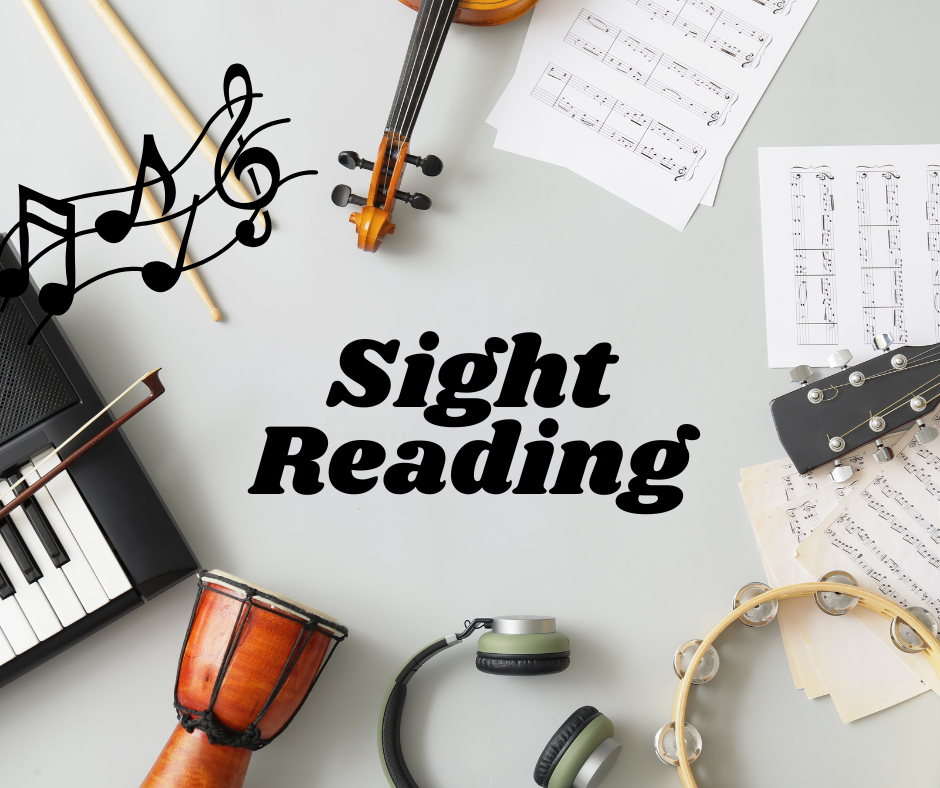
A few weeks ago, I asked if blind auditions are an excuse. Are we doing enough to remove bias simply by removing the ability to see audition entrants? The response encouraged me to continue the discussion, but we first need to take a step back.
We need to consider whether audition equity even matters. Of course, it matters, right? Yes, we all want audition entrants to be on equal footing, but what does that mean? What does it mean to give everyone a "fair chance?"
Things Evolve
Have you applied for a job in the last 5-10 years? Did you notice the increasing number of social equity-related questions in the application? Are you a veteran? What is your ethnicity, sexual orientation, race, and so on? Some companies only care about avoiding employment lawsuits. Others want to appear progressive, but some truly seek greater fairness and diversity.
No matter the motive, these questions stem from societal, not individual, values. Society's values evolve and sometimes result in new laws. For example, Title VII of the Civil Rights Act was enacted in 1964 to make racial discrimination in employment illegal.
Before 1964, millions of Americans already possessed the personal values championed by Title VII, and after 1964, millions persisted in rejecting these values. In other words, a new law can't change someone's mind, but it can influence the future.
We now live in a society that is more accepting of the Civil Rights Movement's agenda. Yes, it made a difference—action matters.
Do We Need to be Concerned Anymore?
A ten-minute Instagram scroll will give you five new things you're supposed to be concerned with. Two will be injustices. Do you have "concern" fatigue?
The good news is that you're already concerned about audition equity, but are you motivated to adjust processes to improve things? Concern does not equal action. Are you simply relying on things implemented 20+ years ago (maybe blind judging) and calling it a day?
Achieving equity in auditions is an ongoing process because society changes. The 19th Amendment to the U.S. Constitution guaranteed women the right to vote, but adjusting voting processes took decades. Sexism aside, polling places were not accustomed to women voting.
Today, accommodating female voters is not something we have ever considered. In 1920, polling places experienced many growing pains, even though it was still decades later that women of color were given their rights. Nevertheless, having women vote was something polling places had never experienced. Attitudes and processes had to change, and that took a long time.
Beyond Demographics
Race, ethnicity, religion, and sexual orientation get all the attention, but when it comes to auditions, there are more aspects to consider. Let's start with the goal of the audition.
The goal of auditions does not have to be finding the "best." Professional sports teams and productions must find the "best," but there are other valid audition goals, especially in educational contexts.
For example, an audition can be designed to judge entrants based on their aptitude at a certain age or experience level. Middle school music students don't typically audition for high school all-star groups. Besides logistics, we don't believe it's fair (equatable) to have twelve-year-olds competing against seventeen-year-olds.
We categorize it because we believe it's more equitable. You see, we all do care about audition equity. Where we fail is either 1) We are "concern" fatigued about demographic equity and thus do nothing, 2) We believe steps taken years ago are good enough, 3) We ignore the whole thing and probably aren't even reading this article.
What Can You Do?
Consider the majority of music consumed in the world today. It is performed and produced by people who have never auditioned for anything, people who have little to zero training. Painters with unconventional brush strokes inspire millions with their amazing works.
They might not fit in our genres and preferred art forms, but they should give us pause. Pause to consider that people who create inspiring and entertaining art might not fit in our box. They probably wouldn't make it far in our auditions. Whether they should is up to you.

More Articles
